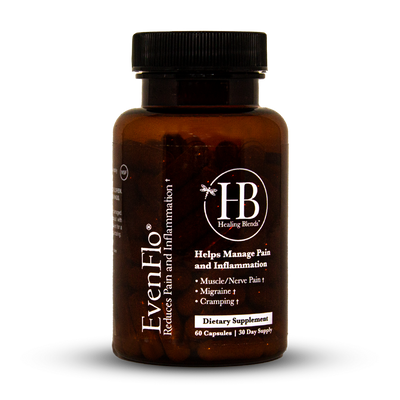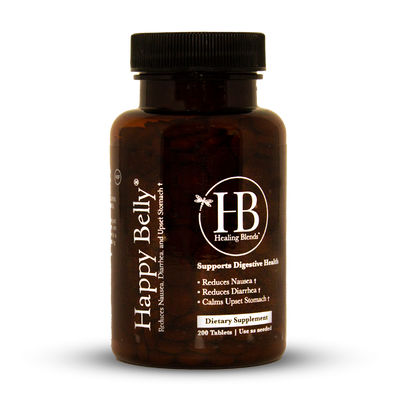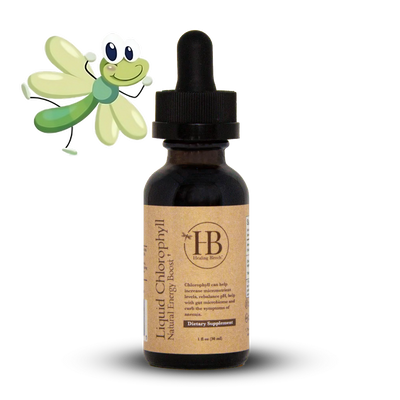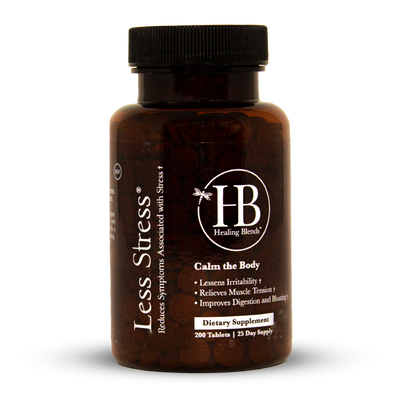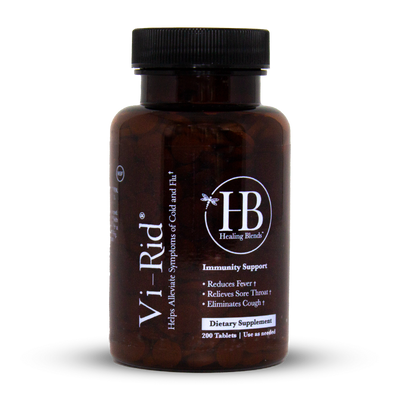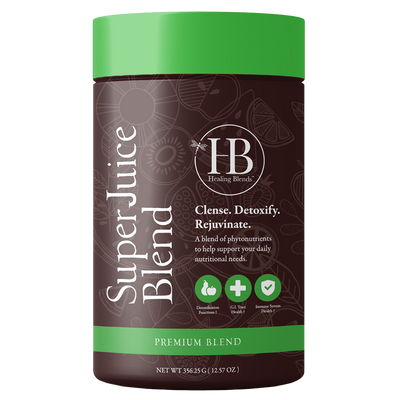Hypertension & African-Americans: How to Identify and Manage High Blood Pressure
High blood pressure is an extremely common health problem in the world. In fact, one in three adults is considered to be hypertensive. Hypertension (HPN) is the major cause of heart attack, cardiovascular complications, and even death.
Of the various ethnic groups in the world, it is surprising that African-Americans show higher rates of high blood pressure. Based on the study that appeared in the journal, Blood Pressure, African-American patients are five times more at risk of serious hypertension compared with the general population. Furthermore, the data also shows that the ethnic group has lower control rates and develops serious health complications. But why is this so?
Key Facts
- African-Americans experience high blood pressure earlier in life compared with other ethnic groups living in the US. For example, 41% of the blacks experience high blood pressure compared to only 27% of whites and many of the cases develop before the age of 30.
- African-Americans are more likely to have poor control over their blood pressure.
- There are more African-Americans who suffer from serious complications like heart disease, kidney failure, and stroke compared with the general population.
- In the US, there are also more African-Americans who are overweight.
What are the risk factors for high blood pressure?
The statistics are intriguing and prompted researchers to analyze the risk factors that contribute to the higher number of cases among African-Americans. Based on their analysis, they have identified risk factors that contribute to the disease.
Presence of Pre-Existing Diseases
Patients with other health problems such as diabetes and kidney disease are considered to be at high risk for developing extreme hypertension. If left untreated, the condition leads to life-threatening complications like congestive heart failure, heart attack, kidney failure, stroke, and aneurysm.
Low Hemoglobin
Hemoglobin is the pigment responsible for the red color of blood. Patients with low hemoglobin are considered to have anemia. In recent studies, researchers have associated anemia with extremely high blood pressure. Although the exact mechanism on the association of the two has not yet been fully established, experts consider low hemoglobin to be a risk factor for hypertension.
Chronic Stress
Stress activates unhealthy hormones that constrict blood vessels and subsequently, increased blood pressure. This is where food supplements for hypertension come in. There are available natural supplements to help you manage chronic stress and offer relief from the symptoms of hypertension.
Other risk factors include the following:
- Age and Gender - People 65+ and Males tend to be at higher risk for high blood pressure.
- Obesity
- Family history
- Diet salt and fat
- Inactivity
- Smoking
No single risk factor is directly associated in developing high blood pressure. The idea is that the more risk factors you have, the higher is your chances of developing the condition. For example, if you have a family history of hypertension, it is better if you start reconsidering your diet and lifestyle. Adapting a healthier diet and engaging in physical activities can greatly lower your risk.
Why do African-Americans have higher rates of hypertension?
Researchers suggest that psychological stress contributes to higher blood pressure among this ethnic group. Instability in housing, racism, social isolation and stress from work, which occur more often with them compared with other ethnicities, all play a crucial role in the development of the health problem. Social and economic factors including inequality and discrimination are highly considered to be responsible for the higher rates among them.
The genetic makeup of African-Americans may also contribute to a higher incidence. Experts have observed that patients with African descent react differently to medications than other patients. They also found out that blacks are more sensitive to salt, thereby increasing their risk of experiencing high blood pressure.
But while experts have not yet fully explored the direct cause of high blood pressure among African-Americans, it is important that you take some actions to prevent the condition or manage the problem.
How do you know whether you have high blood pressure?
For starters, you can have your doctor measure your blood pressure (BP). After understanding how BP devices work, you can avail of the home-based devices for blood pressure taking. These are available in health and drug stores and even online.
When measuring blood pressure, you get two numbers, one on top and another below. The number on top is referred to as the systolic blood pressure. It represents the pressure through the blood vessels during each heartbeat.
The bottom number is called the diastolic pressure. This represents the pressure in between heartbeats while your heart is at rest. For adults, a BP of 120/80 mmHg is ideal.
It is important to know that blood pressure is not constant throughout the day. It rises during strenuous physical activities or during emotional outbursts. This makes it very important to take blood pressure when you are fully rested.
If your blood pressure remains elevated, you need to work closely with your healthcare provider to manage your condition. They will recommend that you check your BP more often and record the results. Bring the record during your doctor visits to see whether your treatment plan is working.
How to treat high blood pressure?
The alarming rate of African-Americans experiencing high blood pressure warrants a prompt action to prevent organ damage. According to Irina Benenson, an assistant professor from Rutgers School of Nursing, targeted interventions are crucial to controlling the health problem. There is a combination of treatment plans to help you control your blood pressure. But basically. this will include the following:
DASH Plan
DASH refers to Dietary Approaches to Stop Hypertension. This is a holistic dietary treatment plan to help you lower your blood pressure. Keep in mind that your diet is the greatest risk factor for your illness. Thus, it should also be a major consideration if you want to prevent future complications.
DASH plan recommends that you limit your salt intake and eat less fat. Since African-Americans are more susceptible to salt, avoid processed foods and watch your salt intake. You must also consider boiling, grilling and steaming instead of frying when cooking your food.
Go for more fresh fruits and vegetables. You can work closely with a dietitian to help you plan your meals while still enjoying your favorite foods.
While following the DASH plan, you can also lose weight and reduce your risk to high blood pressure. Obesity is a known risk for HPN and achieving a healthy weight is crucial to keep your cardiovascular system in good shape.
Adapt to a healthy lifestyle
Having a healthy lifestyle means getting physically fit. Do regular exercise at least 2 to 3 times a week. Even a few minutes of brisk walking or jogging can go a long way in helping you manage your condition. If you wish to do more strenuous exercises, consult your health care provider for the most appropriate activities for you.
Another important step in preventing high blood pressure among African-Americans is to quit smoking. The toxic chemicals present in cigarettes constrict the blood vessels. This makes it more difficult for blood to pass through them. If you wish to help your heart and blood vessels, you must stop the bad habit today. It will not only save you from a heart attack but also from other debilitating diseases like cancer.
Take medications
Since research shows that African-Americans respond differently to certain drugs, it is important that you consult your doctor before taking any medication for high blood pressure. Diuretics, calcium channel blockers, alpha-blockers, and beta-blockers are just some of the medications that you may take to manage the condition.
Food supplements
There are natural alternatives to treat high blood pressure. Herbal supplements containing turmeric, cinnamon, and licorice root are available to improve the elasticity of blood vessels, prevent arterial plaque formation, and boost cardiovascular health. The supplements help treat headaches, muscle tension, fatigue, stress, palpitations, and other symptoms related to hypertension.
Conclusion
African-Americans have unique experiences and high blood pressure is one condition that is higher among these populations. But while statistics show that there are more blacks suffering from hypertension, your knowledge about it can protect you and your family from this serious condition. Start a healthy lifestyle as early as possible, take food supplements, and overtime, the small steps you take can reduce your risk for high blood pressure.
Bonus: Check out this information-packed video by Dr. Ware, where he talks all about Hypertension:
References:
- Frederick A. Waldron, Irina Benenson, Shelley A. Jones-Dillon, Shreni N. Zinzuwadia, Adedamola M. Adeboye, Ela Eris, Nkechi E. Mbadugha, Natali Vicente, Alexandra Over. Prevalence and risk factors for hypertensive crisis in a predominantly African American inner-city community. Blood Pressure, 2019; 1 DOI: 10.1080/08037051.2019.1568183,
- American Heart Association. "Dangerous blood pressure spikes among blacks happen five times more often than average." ScienceDaily. ScienceDaily, 7 September 2018.














